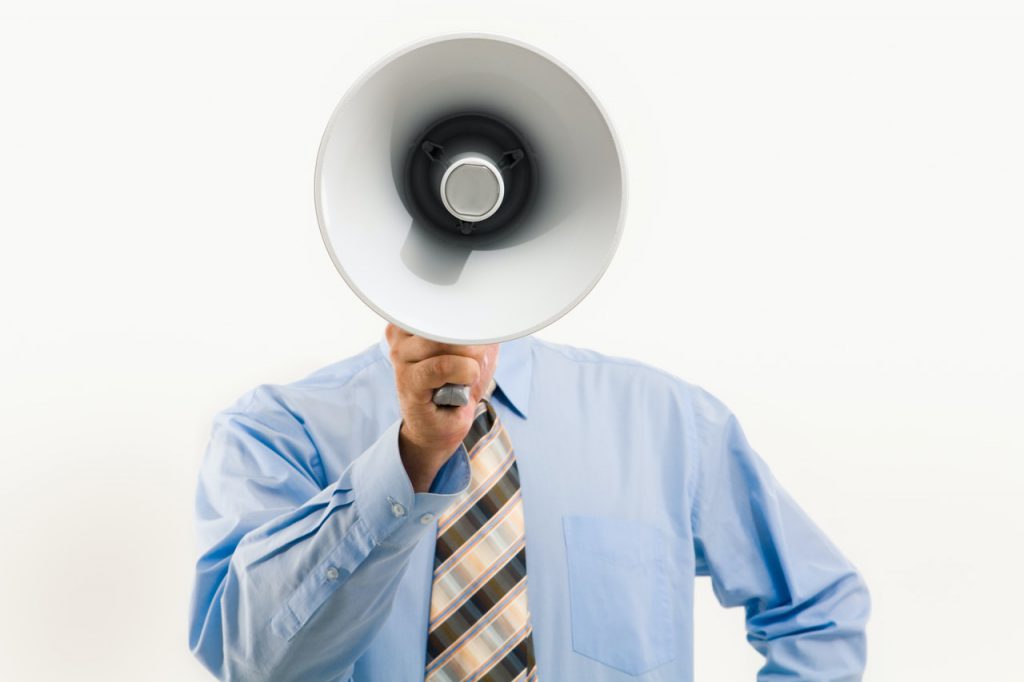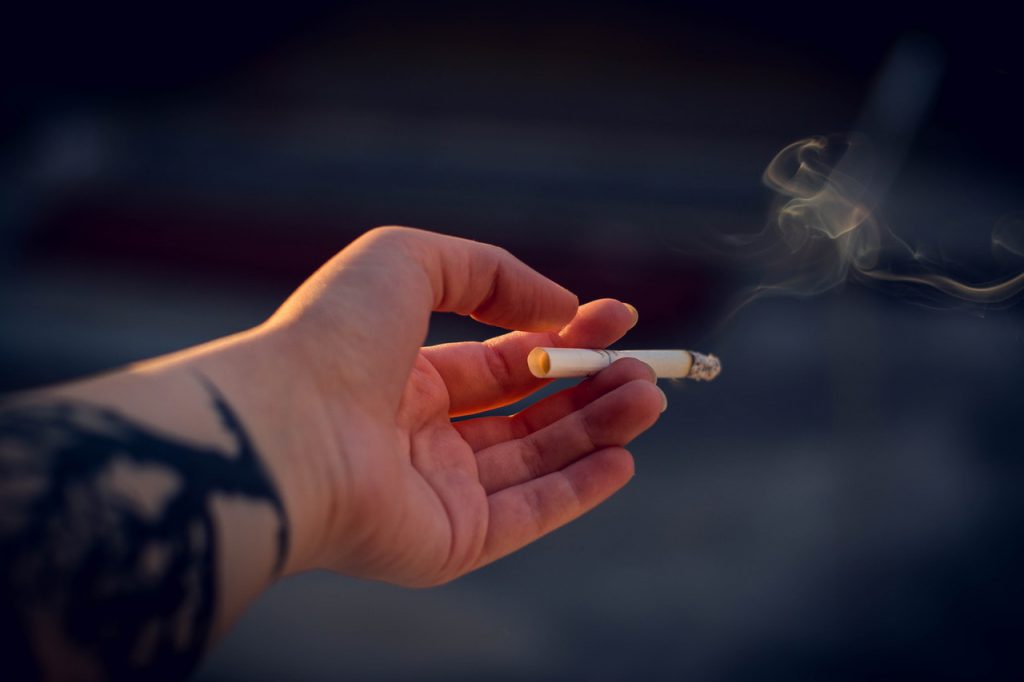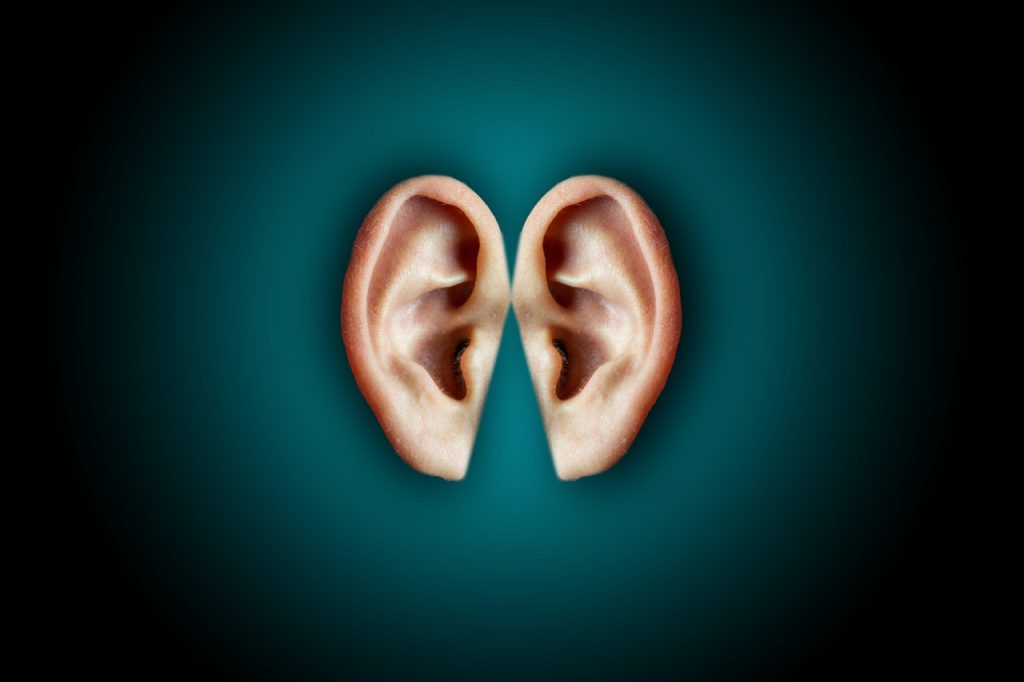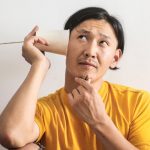
People don’t often give the subject of hearing loss much thought until it happens. Hearing loss is thought of as a condition for those in old age, or something that occurs for no apparent reason. Whilst this can be true — healing loss is often age-related and usually unpreventable — that doesn’t mean you should sit around and wait for it to arrive! There’s knowledge you can learn know and steps you can take to help prevent hearing loss right this moment!
Contents
What Type of Hearing Loss Is Preventable?

Simply put; noise-induced hearing loss (NIHL). This is where loud noise permanently damages cells and membranes in the cochlea (inner ear).
Hair cells in the cochlea are critical for hearing, as they allow your brain to detect sounds. While you are born with thousands of these hair cells, constant exposure to loud sounds can destroy up to 50 percent of hair cells before you experience any measurable differences in your hearing. By the time you’re aware of your hearing loss, it will be too late to take any preventative action. Even worse, these delicate hair cells do not regenerate – once you have NIHL, there is no cure.
Early awareness of the dangers of loud noise and sustained implementation of precautionary measures is critical.
How to Prevent Noise-Induced Hearing Loss (NIHL)
According to the World Health Organization, over one billion young people (aged between 12–35 years) are at risk of hearing loss due to exposure to noise in recreational settings, showing noise-induced hearing loss to be a widespread health threat.
Anything over 85 decibels (dB) is likely to cause hearing damage, but some activities are well-known to be high risk for noise damage.
Keep in mind the potential for hearing loss when attending these types of events and plan accordingly: Firework shows, concerts, certain workplaces, and shooting ranges are just a few places where very loud noise is to be expected.
It is important to remember that noise damage is cumulative. This means that even if your hair cells suffer a little bit of damage on a few occasions, that damage is still permanent, so will contribute to your overall hearing loss and add to the rate at which you’ll start to experience noticeable hearing loss symptoms.
How To Know If Noise Is Too Loud
It’s also good to keep in mind that if you think something is too loud, chances are it is! Some indicators of a too loud environment or sound include noise that feels unpleasant to you, needing to raise your voice in order to be heard, the noise hurting your ears, and being unable to hear people three feet away from you.
If you have ringing in your ears or muffled hearing after being exposed to a loud sound, this indicates that the sound was too loud as well.
As we’ve already mentioned, anything over 85 dB can cause hearing damage, but it can be useful to understand this in context. The louder the sound, the greater the number of decibels. So while a conversation is 60 dB, busy traffic is around 70 dB to 85 dB, and a plane taking off is 120 dB. If you’d like to know the loudness of the sounds around you and have a smartphone, you can download an app that measures noise levels.
How to Prevent (Or Delay) Age-Related Hearing Loss

Unlike NIHL, Age related hearing loss (also known as presbycusis) is completely natural; most people experience a gradual loss of hearing as they get older. Presbycusis is a very common condition, affecting 30-35 percent of adults age 65. Just like with NIHL, there are things you can do to help prevent or delay this gradual type of hearing loss.
Manage Blood Pressure/Manage Diabetes
High blood pressure, high cholesterol, and heart disease can cause damage to the fragile ear mechanisms that allow you to hear. Do what you can to keep these in check by managing your diet and taking your prescriptions.
Stop Smoking, Exercise
Smoking and alcohol use are shown to seriously impact your hearing health. As always, it is best to cut these out and embrace a healthy, active lifestyle.
Avoid Stress
Chronic stress puts an unnecessary strain on your body that can negatively impact your hearing health and is even linked to tinnitus. Try to reduce your stress levels through healthy outlets such as exercise, meditation, and fun hobbies.
Family History
Your genetics might mean you are at a greater risk of developing hearing loss, so knowing your family history could help you catch it early and benefit from early treatment.
Be Aware of Drugs That Can Cause Hearing Loss
While many over-the-counter and prescription drugs are linked to hearing loss (in other words, they’re ototoxic), they are generally only problematic when taken in large doses. If you’re worried about a drug causing hearing loss, or making yours worse, ask your doctor if this could be a side effect of any of your prescriptions.
If you have noticed symptoms of hearing loss since taking a prescription, tell your doctor about this too. They might be able to prescribe you an alternative.
Test Your Hearing Often!

If you’re worried about your hearing, be sure to get a hearing test as soon as possible. Untreated hearing loss can have serious consequences, and the earlier you get a diagnosis, the quicker you can access treatment.
A good way to get a quick sense of your hearing ability is to do a simple online hearing test such as the Olive Hearing Test. While this does not constitute a medical diagnosis and is not the same as an in-person test, you will be able to get an instant indication of whether you need to make an appointment for a comprehensive hearing test.
The information in this guide has been written using the following reliable sources:
https://www.nhs.uk, https://www.healthyhearing.com, https://www.cdc.gov, https://www.who.int







